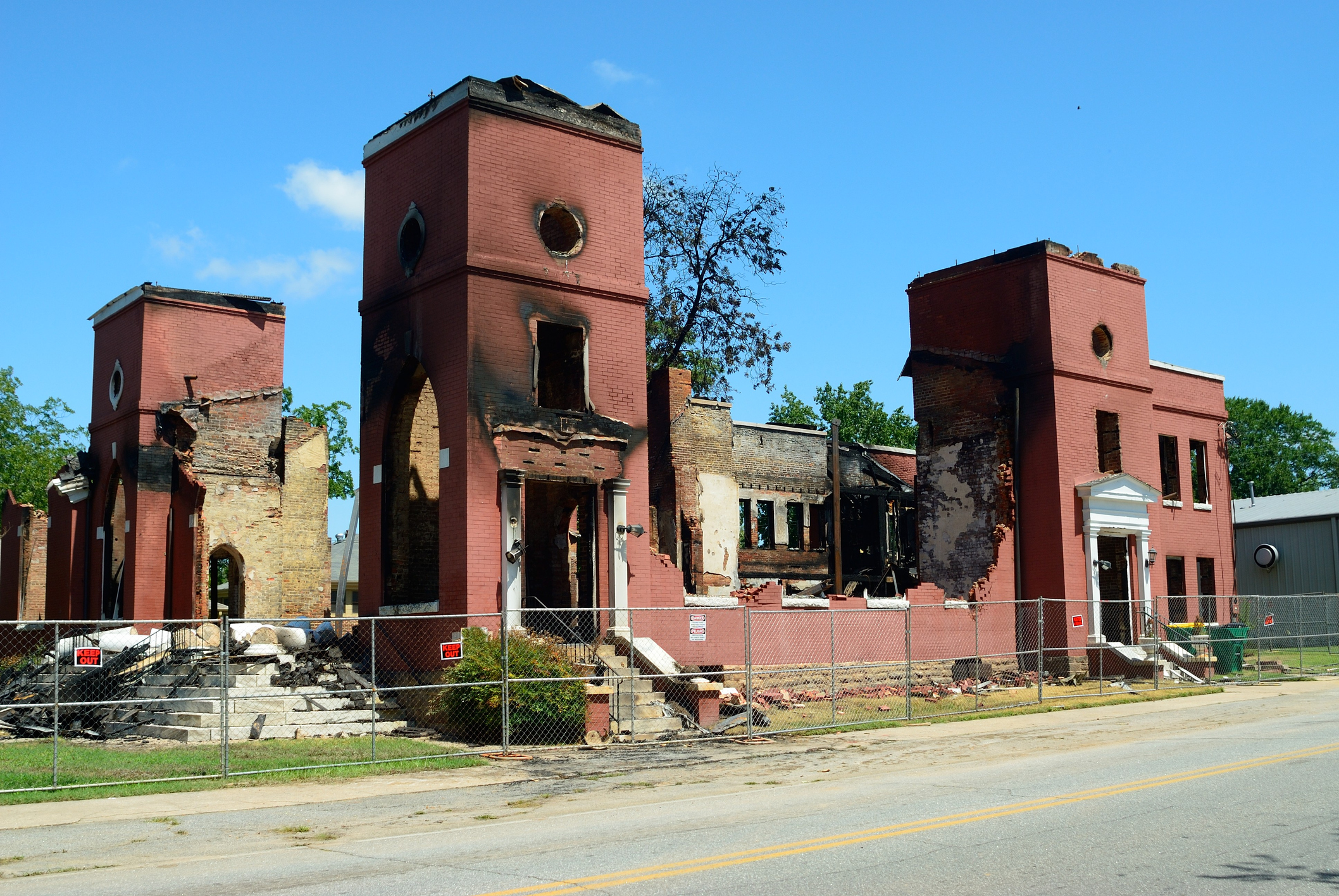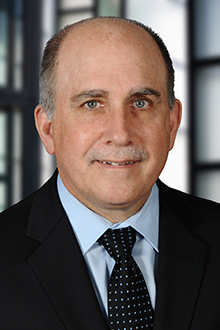Church Mutual Insurance Company v. GuideOne Specialty Mutual Insurance Company

(Absent Insured Status and Insurable Interest in Property by Church Entity, Insurer Was Not Entitled to Contribution or Subrogation Against Other Insurer)
(April 2022) - In Church Mut. Ins. Co. v. GuideOne Specialty Mut. Ins. Co., 72 Cal.App.5th 1042 (December 17, 2021), the Court of Appeal affirmed the trial court’s entry judgment in favor of GuideOne Specialty Mutual Insurance Company (“GuideOne”) against Church Mutual Insurance Company (“Church Mutual”), finding that Church Mutual was not entitled to contribution or subrogation against GuideOne in connection with a fire loss involving the total destruction of a church. The local congregation, Mountain Lakes House of Prayer (“Mountain Lakes”) acting as an agent of the overseer for the California-Nevada region on behalf of the Church of God, California-Nevada Church of God (“California-Nevada”) owned a beneficial interest in the subject church. In that regard, Mountain Lakes purchased property insurance affording coverage for the church from GuideOne for 18 years. When Mountain Lakes voted to disaffiliate itself from the Church of God, the overseer for the region, California-Nevada was directed to purchase insurance for the church from Church Mutual. Subsequently, the church was destroyed by fire. Church Mutual paid for the fire loss but contended that GuideOne also insured the property as well as California-Nevada, the Church of God, and Mountain Lakes. GuideOne rejected Church Mutual’s claim by advising that Mountain Lakes was not an insured under the Church Mutual policy and California-Nevada and the Church of God were not insureds under the GuideOne policy. In addition, Mountain Lakes did not own an insurable interest in the property at the time of the fire as it had disaffiliated itself from the Church of God.
Subsequently, Church Mutual filed a contribution and subrogation lawsuit against GuideOne. Thereafter, the trial court found in favor of GuideOne holding that Mountain Lakes, the Church of God, and California-Nevada were separate entities.
Because Mountain Lakes had terminated its relationship with the Church of God before the fire, it did not have an insurable interest in the church at the time of the fire. Hence, Church Mutual could not maintain a contribution claim against GuideOne on this basis. In addition, because California-Nevada was not an insured under the GuideOne policy, Church Mutual could not maintain a subrogation claim standing in the shoes of California-Nevada against GuideOne.
In affirming the trial court’s decision, the Court of Appeal found as follows:
Here, unlike Burns, the two insureds, Mountain Lakes and California-Nevada, did not each have an insurable interest in the church property at the time of the fire. “‘Every interest in property, or any relation thereto, or liability in respect thereof, of such a nature that a contemplated peril might directly damnify the insured, is an insurable interest.’ [Citation.] ‘In common parlance, we speak of a house as being insured, but, strictly speaking, it is not the house but the interest of the owner therein that is insured, and, whether that interest is founded upon a legal title, an equitable title, a lien, or such other lawful interest therein as will produce a direct and certain pecuniary loss to the insurer by its destruction, he has an insurable interest therein.’ [Citation.]” (Burns, supra, 152 Cal.App.4th at p. 651.)
At the time of the fire in this case, only California-Nevada and the Church of God had such an interest in the property, California-Nevada as the agent holding title to the property on the Church of God's behalf, and the Church of God as the principal on whose behalf the property was held. Mountain Lakes previously held the property as the Church of God's agent, but had no interest in the property separate and apart from its right to possess, occupy, and manage the property as an agent of the Church of God. Once that agency relationship terminated, so did its interest in the property. (Rest.2d Agency, § 382, com. d, p. 186 terminated agent under a duty to return to the principal anything received on the principal's behalf]; see also Savage v. Mayer (1949) 33 Cal.2d 548, 551 [203 P.2d 9].) As we have already explained, Mountain Lakes's agency relationship ended when a majority of the Mountain Lakes congregation voted to disaffiliate from the Church of God and California-Nevada, acting on the Church of God's behalf, designated Mountain Lakes an inactive congregation and executed the corrective grant deed. Thus, prior to the fire, Mountain Lakes was no longer an agent of the Church of God and possessed no insurable interest in the Church of God's property.
“Every California case of which we are aware has enforced an insurer's contribution claim only where the other insurer was also obligated to pay on the claim. [Citations.] On the other hand, where there is no common obligation that is legally due from multiple insurers, then no basis for contribution exists. [Citations.]” (American Continental Ins. Co. v. American Casualty Co., supra, 86 Cal.App.4th at pp. 937–938.) Because, on these facts, GuideOne had no obligation to pay on the claim, Church Mutual was not entitled to contribution.
As respects Church Mutual’s subrogation claim, the Court of Appeal found as follows:
Here, Church Mutual stands in the shoes of its insured, California-Nevada. While California-Nevada suffered a loss in the fire, GuideOne was not obligated to indemnify California-Nevada for that loss because the GuideOne policy did not cover California-Nevada's interest in the property. That interest was covered by the Church Mutual policy and California-Nevada was fully indemnified by Church Mutual. For these reasons, we agree with the trial court that California-Nevada has no viable causes of action to pursue against GuideOne.
